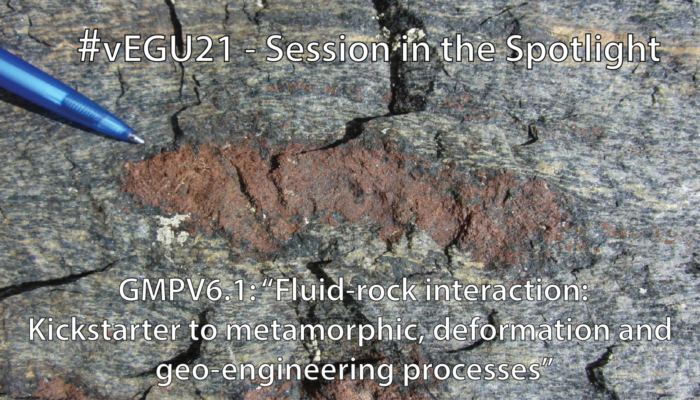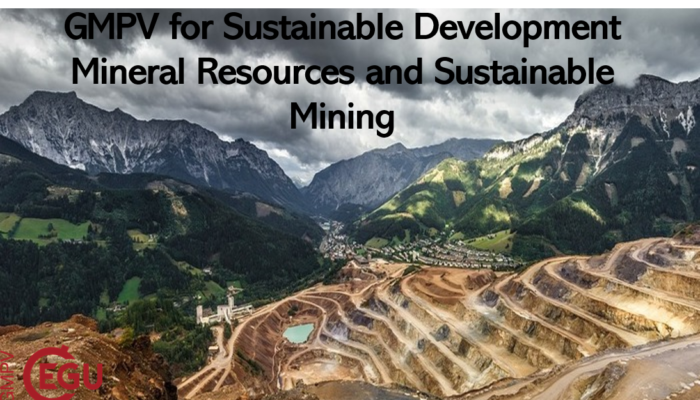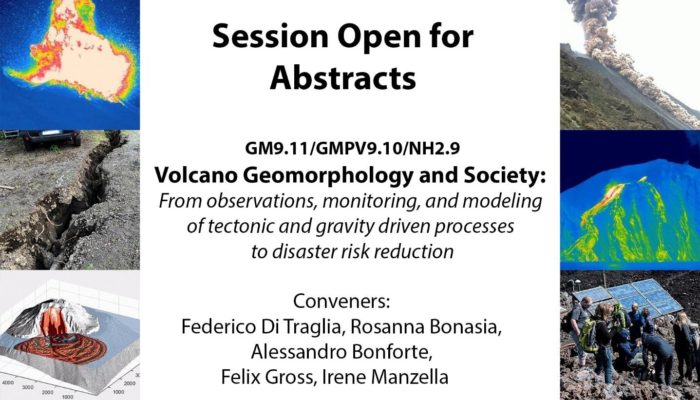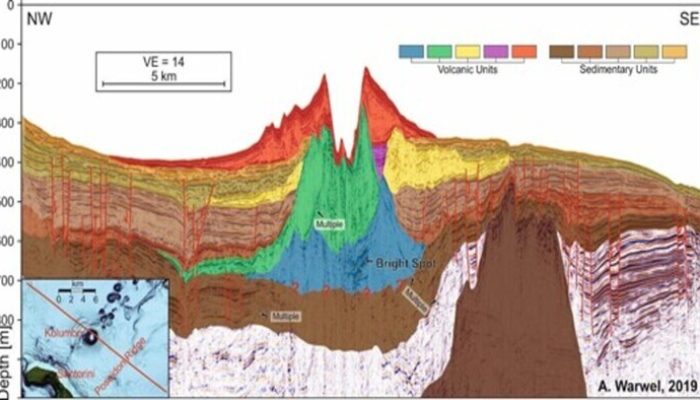The year is finally coming to an end and only some few last things have to be done before going into the well-deserved holidays! One of those things might be to choose an appropriate EGU session for your abstract – and we are happy to help you with your decision! Today in our session in the spotlight we have session GMPV 6.1: “Fluid-rock interaction: Kickstarter of metamorphic, deforma ...[Read More]
GMPV for Sustainable Development – Mineral Resources and Sustainable Mining
GMPV and The Sustainable Development Goals In 2015 all United Nations Member States adopted a set of Global Goals, as a universal call to protect our planet, end poverty and ensure that all people can enjoy peace and prosperity. These are called the Sustainable Development Goals – 17 integrated goals aimed at addressing the challenges our society is currently facing considering social, economic, a ...[Read More]
#vEGU21 – Session in the Spotlight: Volcano Geomorphology and Society: From observations, monitoring, and modeling of tectonic and gravity driven processes to disaster risk reduction
The EGU Abstract Submission Deadline is almost here – only 6 weeks left!! Probably you are still looking for the right session, maybe one which combines onshore and subaqueous volcanic activity, geomorphology and the impact of the volcanic hazard on local communities. Well, the GM9.11/GMPV9/NH2 “Volcano Geomorphology and Society: From observations, monitoring, and modeling of tectonic ...[Read More]
#vEGU21 Session in the Spotlight: Island arc volcanism along the Africa-Eurasia plate boundary
It’s beginning to look a lot like Christmas! ☃ Which only means that the EGU abstract submission deadline is fast approaching. With 6 weeks left to go, have you decided which session to submit your abstract to? Today we put a spotlight on session NH2.1 (Co-organized by GM9/GMPV11). Are you passionate about reconstructing volcanic histories?✅ Does your research focus on processes at Island Ar ...[Read More]




